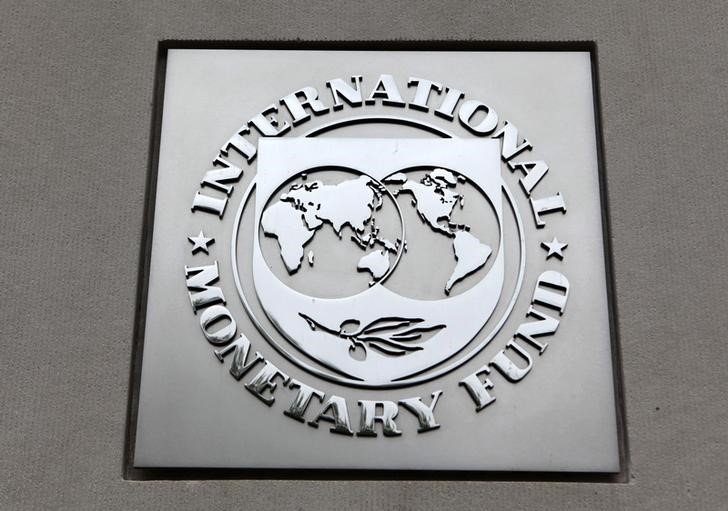By David Lawder
WASHINGTON (Reuters) - Global market spillovers from China's economic shocks will only increase in coming years as the country's financial influence grows and the yuan's use as a funding currency broadens, the International Monetary Fund said on Monday.
In a portion of its latest Global Financial Stability Report, the IMF said developments in emerging markets now account for one-third to 40 percent of the variation between stock market returns and exchange rate fluctuations worldwide.
Slowdowns in China's economic growth and industrial output reverberated through global financial markets last year, causing prices of equities and commodities to plunge in both emerging markets and advanced economies.
The IMF said markets have become extremely sensitive to the economic signals coming from China and that policymakers there must not send mixed messages.
"As China's role in the global financial system grows, clear and timely communication of its policy decisions, transparency about its policy goals, and strategies consistent with achieving them will be increasingly important to avoid volatile market reactions with wider reverberations," the IMF said in parts of the report released on Monday.
Markets will be increasingly influenced by the sheer size of China's economy, more financial linkages, such as the listing of Chinese companies on international stock markets and the growth of the yuan's use in international transactions.
The IMF said modelling of equity returns in 13 other emerging markets and 25 advanced economies found that shock impacts from China turned statistically significant shortly after the 2007-2009 financial crisis. Growth surprises from other major market economies did not share the significant nature of China's impact on global equity prices.
"Beyond the continued growth in importance of the Chinese economy, the size of financial market spillovers is also likely to grow because of the transition to a more market-based financial system and a decline in market segmentation," the IMF said.

"Moreover, the challenge of engineering a smooth transition will make global financial markets more sensitive to changes in China’s economic and financial conditions and policies."